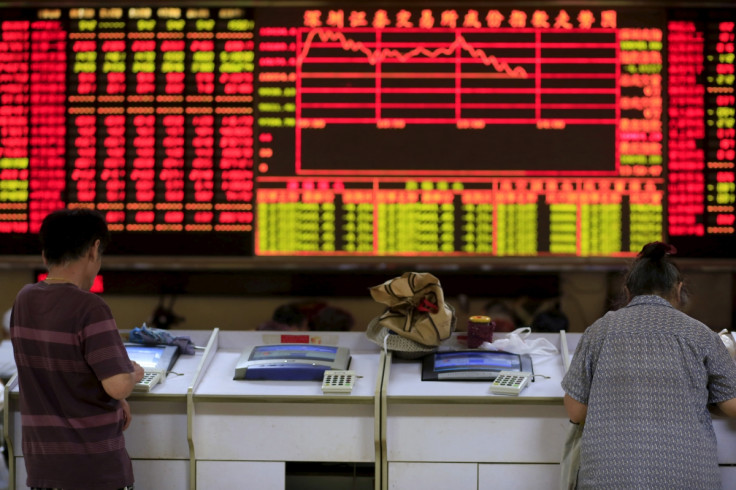Asian markets continue mixed trend ahead of US job data

Asian markets continued to display a mixed trend on Friday, 6 November, as the first trading week of the month came to an end. Investors awaited US employment data expected later in the day. To a great extent, the data will influence the Fed's decision on rate increase.
Scott Colyer, chief executive officer of Advisors Asset Management, said: "This is a big piece of data as to what the Fed is looking for. I think everybody wants them to move or not move. The month-to-month stuff is killing everybody."
US Federal Reserve chairwoman Janet Yellen recently stated that it would be appropriate to raise rates at the Fed's policy meeting scheduled in mid-December in the backdrop of the American economy performing well.
The Shanghai Composite index which seems to have entered a bull market, rising 20% since 26 August, continued to trade higher closing up 1.91% at 3,590.03. President Xi Jinping's recent economy-friendly comments seemed to have given the much-needed boost to China's benchmark index, which had lost a lot of ground after a volatile selloff in the summer.
Japan's Nikkei 225 too closed up 0.78% at 19,265.60 while Australia's S&P/ASX 200 rose 0.42% at 5,215.00. In Australia, however, it was a bad week for banking stocks.
The market cap of four of its largest banks, namely Commonwealth Bank of Australia, Westpac Banking Corp, National Australia Bank and Australia & New Zealand Banking Group, all declined this week, after reporting mixed earnings over the past two weeks.
Shane Oliver, a strategist at AMP Capital Investors said: "The growth rates of Australian banks are slowing as...the outlook for credit growth becomes more restrained."
Among the markets that were down included, South Korea's KOSPI which was down 0.41% at 2,041.07, and Hong Kong's Hang Seng which declined 0.80% to close at 22,867.33. India's BSE was flat, trading at 26,290.76, down 0.05%.
In commodities, oil has been negatively impacted in recent times by declining demand in China and Russia's record production leading to overall decline in oil prices. WTI Crude oil declined 02.48% to $45.20 a barrel and Brent was down 1.25% at $47.98 a barrel.
© Copyright IBTimes 2025. All rights reserved.





















